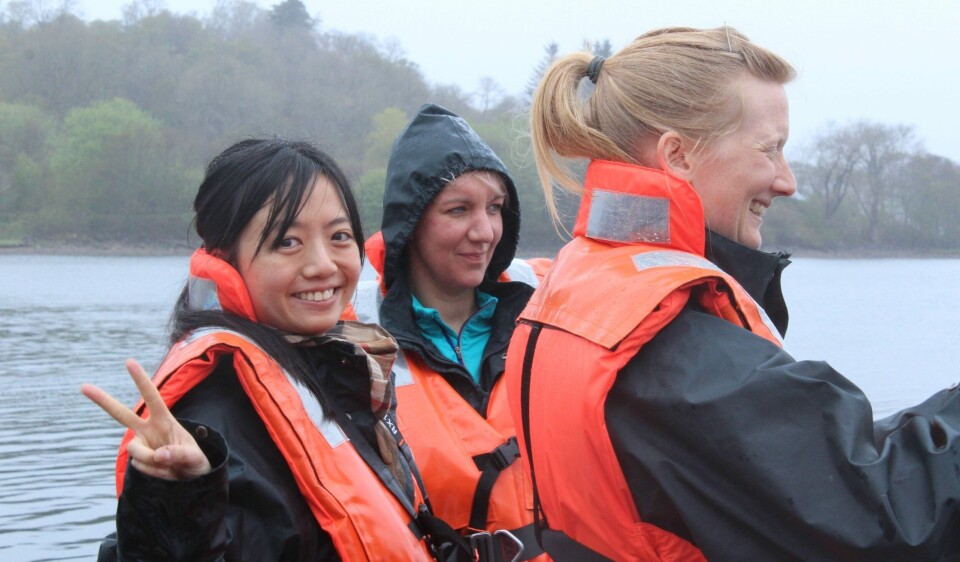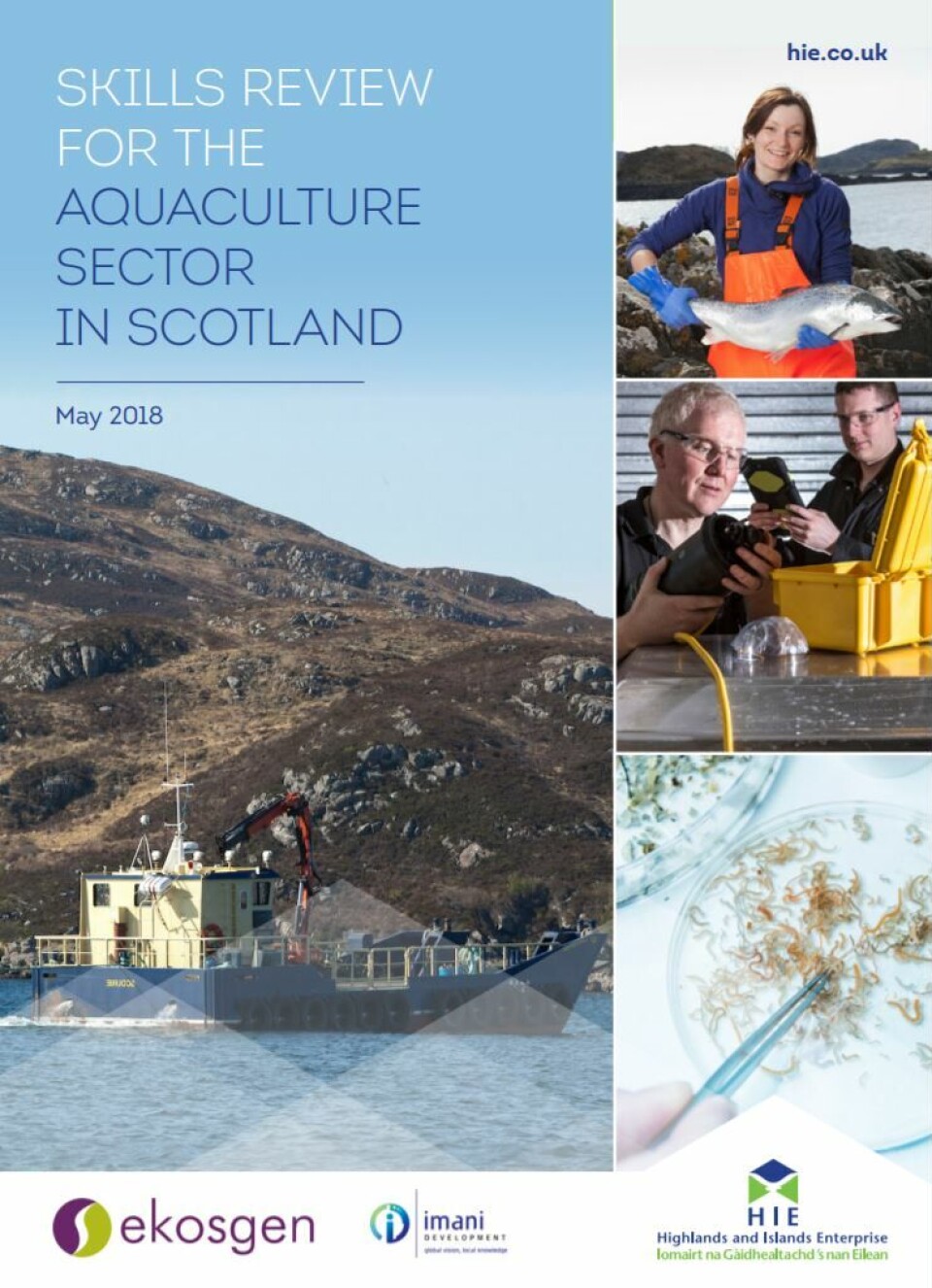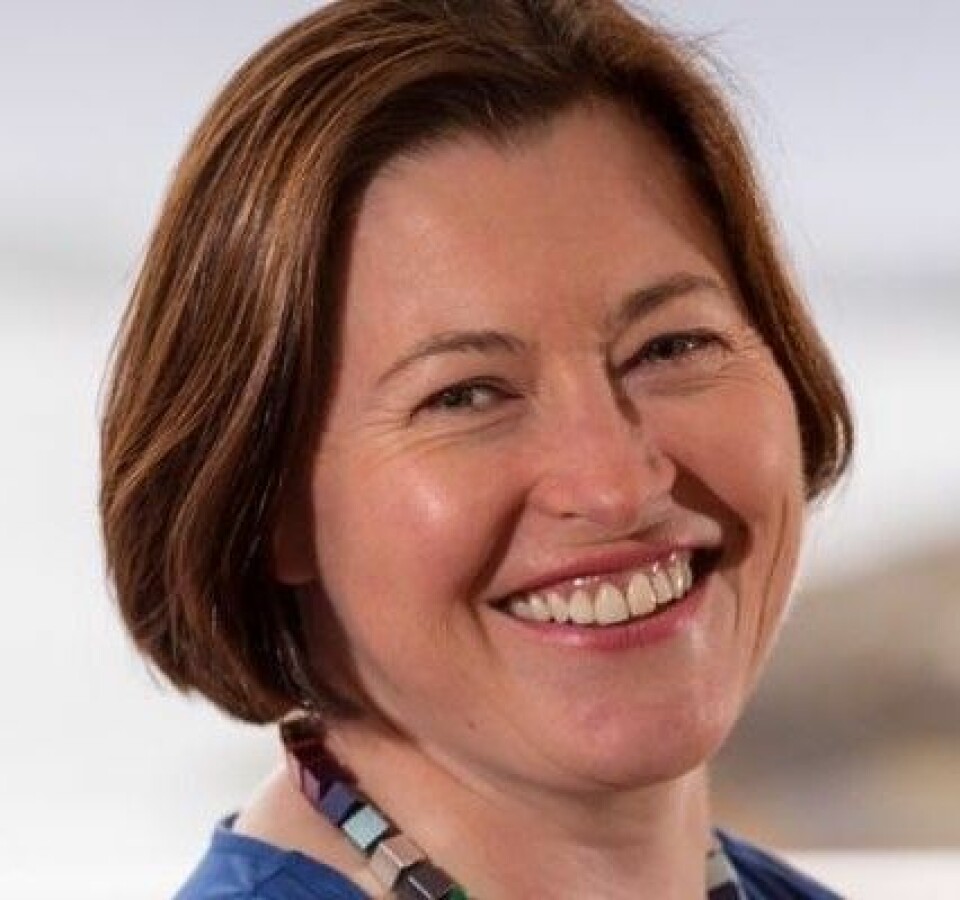
SAIC urges industry to back aquaculture women’s group
The Scottish Aquaculture Innovation Centre (SAIC) is asking the industry to come together in support of a new working group which aims to encourage more women into aquaculture, and support those already working in the sector.

A recent survey conducted by SAIC and open to both sexes revealed overwhelming support for such a group with 73% of respondents saying they would join it if set up. Overall, 91% of responses were from females.
When asked what the purpose of the group should be, nearly 90% of respondents said that it should provide networking support to others already working, or considering a career, in UK aquaculture. Two thirds of respondents agreed that it should raise awareness of women working in UK aquaculture through, for example, social media and case studies.
The SAIC survey follows the recent publication of the Skills Review for the Aquaculture Sector in Scotland report which was commissioned by Highlands and Islands Enterprise on behalf of the Aquaculture Industry Leadership Group, which revealed that 87% of shellfish industry employees are male.
But the gender disparity starts earlier, in education. According to the Skills Review, aquaculture-related subjects at school such as biology, chemistry, environmental science and food technology and in further education (FE) and training continue to be dominated by males who accounted for over half of entries in 2016, 90% of enrolments on Fish Production/Fisheries FE courses in 2015/16 and the vast majority of people starting an aquaculture Modern Apprenticeship.
It is those sorts of statistics that promoted SAIC to organise its survey demonstrating strong unmet demand for cross-industry, cross-sector support for women in UK aquaculture.

SAIC chief executive Heather Jones said: “As well as there being women leaders at the Scottish Salmon Producers’ Organisation (CEO Julie Hesketh-Laird) and trout company Dawnfresh (farming director Alison Hutchins), there are increasing numbers of brilliant and talented younger women working in aquaculture. But we need to showcase and highlight their progress in scientific, technical and academic roles, for the encouragement of others.
“As many women will recognise, there is a real willingness to support and engage with others’ success. Over half of our survey respondents are willing to contribute to a Women in UK Aquaculture Group, with over 40% willing to offer mentoring to another woman, and another 40% happy to provide advice or guidance to others in the group.
“It’s because of this level of support that we are now in the process of bringing interested parties together to get a group up and running, with a view to the industry taking it on to drive it forward. While the situation won’t change overnight, we are hopeful that in five or 10 years’ time this initiative will have had a real and positive impact.”
‘Driven by the sector’
Jones stressed that the group would not exclude men. She said: “We really want this initiative to be driven forward by the sector. We are looking for individuals and companies to get involved, and we have been engaging with the women in Scottish aquaculture in academia (the Aquagettes group) too.
“As part of the survey we gave people the opportunity to provide contact details if they are willing to contribute to the activities of the group and some men did. While the predominant focus is obviously supporting women, this initiative is open to all. In fact, it will benefit from engaging with men as issues of unconscious bias are everyone’s concern, not just anyone who may feel in a minority.”
Tracy Bryant-Shaw, human resources director at Scottish Sea Farms, said: “Attracting more women into our company is something we’ve been working hard on in recent years, with great results.
“Already this year, two of our female employees have been named Finfish Farm Manager of the Year and Rising Star – accolades we hope will inspire others to consider a career with us. So, we are fully supportive of this new initiative to encourage, support and develop women at sector-level.”
No limit
Joyce Campbell, a hill sheep farmer in Sutherland who chairs an existing group with a similar purpose – the Women in Agriculture Group, which was founded by the Scottish Government in June 2017 – has offered advice to the potential Women in Aquaculture group.
“There’s so much grass roots enthusiasm to support mentoring and training for women in agriculture,” said Campbell. “The Women in Agriculture Task Force has to date focused on empowering and up-skilling women in our industry. I am sure that with some committed and enthusiastic champions in the aquaculture sector, there’s no limit to what you can do.”























































